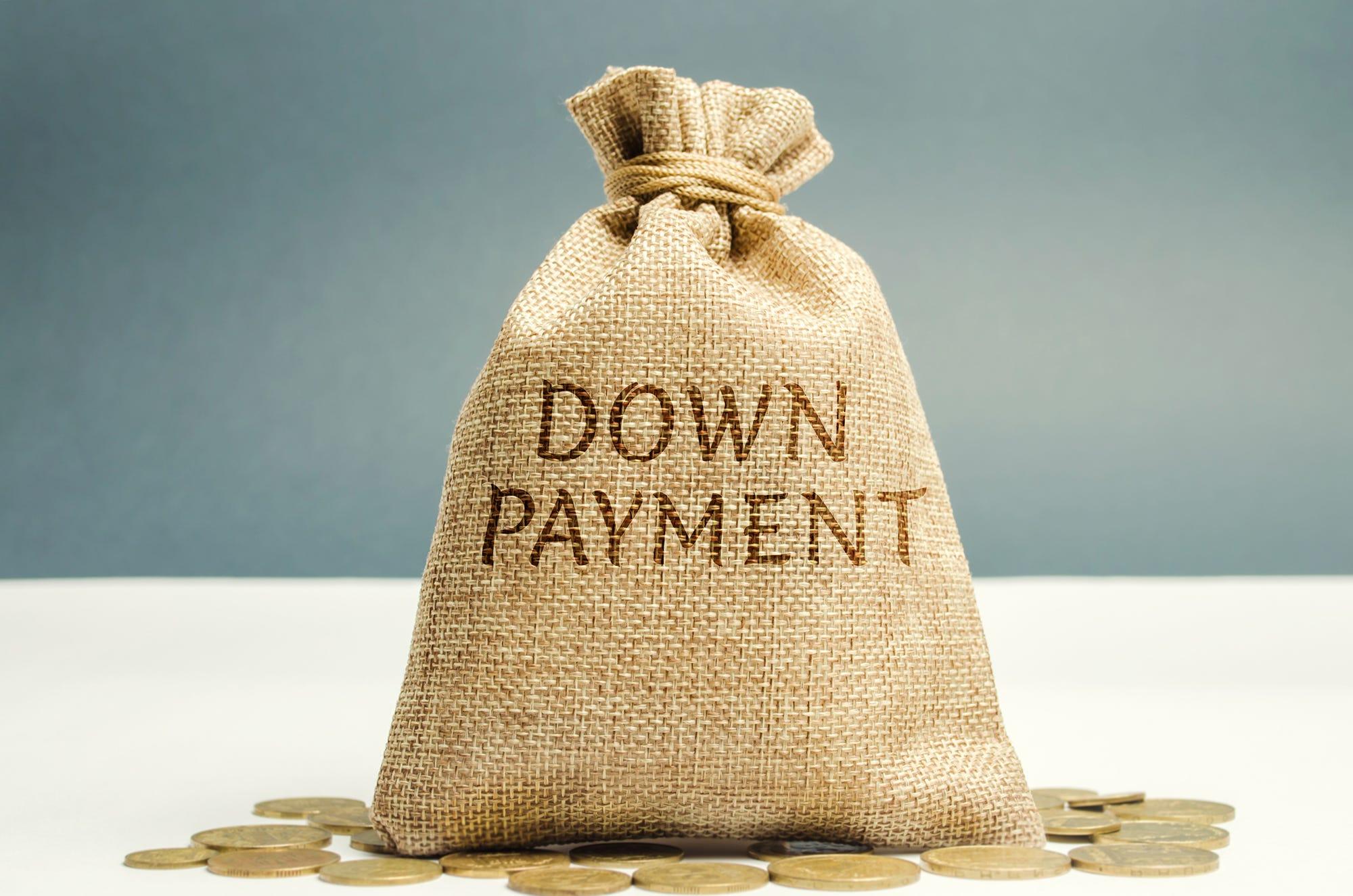
How much mortgage can I afford? The basic rule of thumb is to spend no more than 28 percent of your gross monthly income on housing expenses. That rule also applies to the total amount of debt you have. Ideally, you should have at least thirty-six percent of your gross income in cash reserves to meet your mortgage payments. Depending on your current income, you might need to make some additional adjustments to the rule of thumb. Nevertheless, most financial advisors recommend that you spend no more than 36 percent of your income on total debt.
Debt-to-income ratio
In order to determine how much mortgage you can afford, you must know your debt-to-income ratio. This ratio is calculated using your gross income, not after taxes. Consequently, you must have a debt-to-income ratio of at least 43% to qualify. For married couples, you will need to add your husband’s and wife’s incomes. Your monthly debt payments should not exceed $2,520.
Lenders use this ratio to determine how much house you can afford. This is the percentage of your monthly income that you pay towards your total debt. If your DTI is too high, you might have trouble paying your mortgage. To calculate your DTI, use the NerdWallet calculator. This tool will crunch the numbers for you. You should know your DTI before applying for a mortgage, and keep it as low as possible.
Down payment
The down payment on your mortgage is a significant portion of the overall cost of the loan, and the more you can put down, the better. The larger the down payment, the lower the interest rate and monthly payment will be. However, a higher down payment can make renovations or other costs more expensive and may be out of your budget. As you compare the various down payment options, make sure to consider your personal situation and your financial situation.
When choosing a down payment, consider the amount of money you can save. While a larger down payment is always better, a smaller one can help you save up for the costs of moving or making improvements in the first few years of ownership. It’s always a good idea to keep a few thousand dollars in savings just in case. However, if you’re going to put a small down payment, make sure it’s not too low.
Monthly mortgage payment
The best way to determine your affordability for a home is to calculate your maximum monthly mortgage payment. Lenders generally limit mortgage payments to 28 percent of gross monthly income. To calculate your maximum monthly mortgage payment, multiply your annual income by 0.28 and divide by twelve. This figure includes the mortgage payment and additional outlays such as property taxes, homeowners insurance, mortgage insurance, and other fees. You should also consider if you can afford the homeowner’s insurance.
The down payment you can afford will also affect the monthly mortgage payment. If you make a 20% down payment, you will likely not need private mortgage insurance, which protects lenders in case of default and can cost several hundred dollars a month. This will free up your monthly budget to cover your mortgage payment. On the other hand, if you make a lower down payment, you’ll have to borrow more money, which will increase your monthly mortgage payment.
Cash reserves
When it comes to affordability, cash reserves and debt management are vital components of a successful mortgage. A good rule of thumb is to have at least three months’ worth of house payments saved. If you have variable income, you may need more money in your cash reserves. Think of your cash reserves as a runway to a future home. However, keep in mind that a large cash reserve does not necessarily mean you’ll have to default on your mortgage – it is just a good idea to have a small amount of money available to cover unexpected expenses.
A monthly housing loan with PITI requires at least $1,600 of cash reserves. In addition, the lender may require at least $2,200 of liquid assets for every two-month mortgage payment. Most borrowers do not require mortgage reserves, but it’s still a good idea to have some reserves. Reserve money can help you pay for unexpected expenses and boost your application. Some borrowers are self-employed or investors and may need reserves to supplement their monthly income.
Credit score
You might be wondering, “What is the relationship between my credit score and how much mortgage can I afford?” The answer to this question depends on your current debt and income. You should try to keep your debt to less than one-fourth of your total monthly income. If you have more debt than income, your mortgage payment will be higher than your other monthly expenses, such as rent. If your debt is lower than that, your mortgage payment will be lower than your rent payment.
Your credit score is the foundation of your finances. It determines your interest rate. A credit score of 740 would get you a 4.375 percent mortgage rate, while a score of 640 would get you a 6.25 percent mortgage rate. Your credit score may vary from person to person, but a high score could mean hundreds of dollars in lower monthly payments. You can check your credit score by obtaining a copy of your credit report from the three major credit bureaus.






